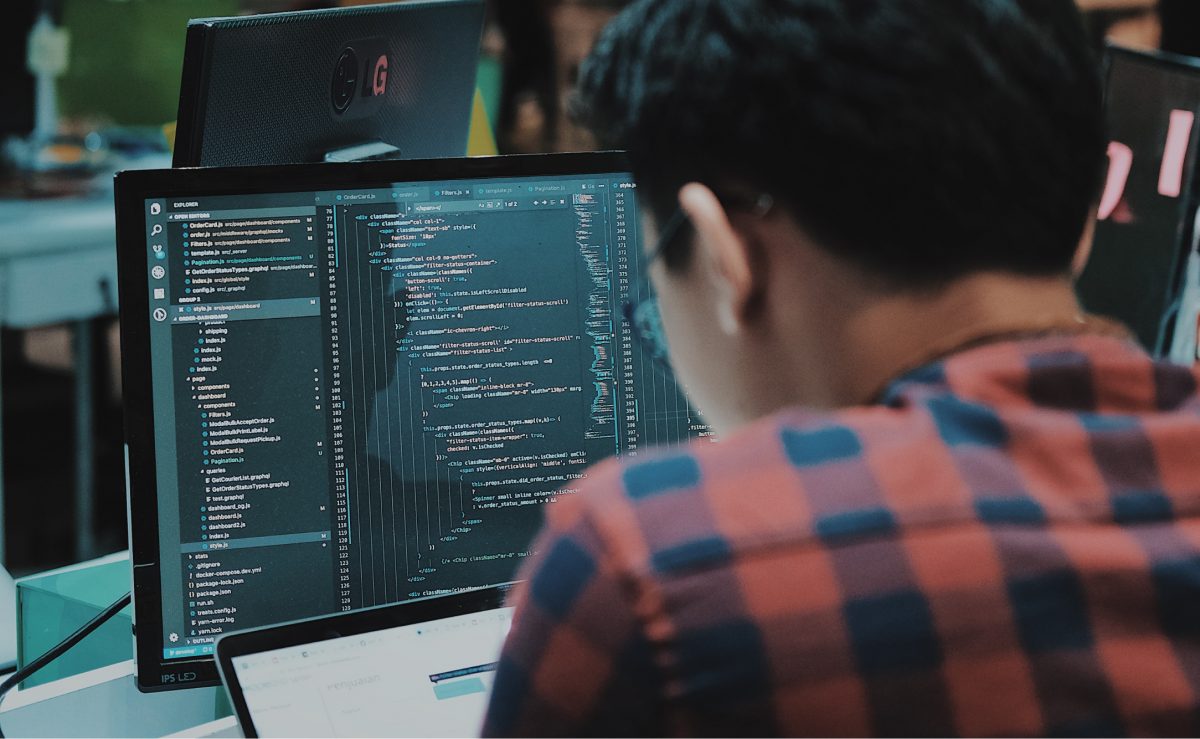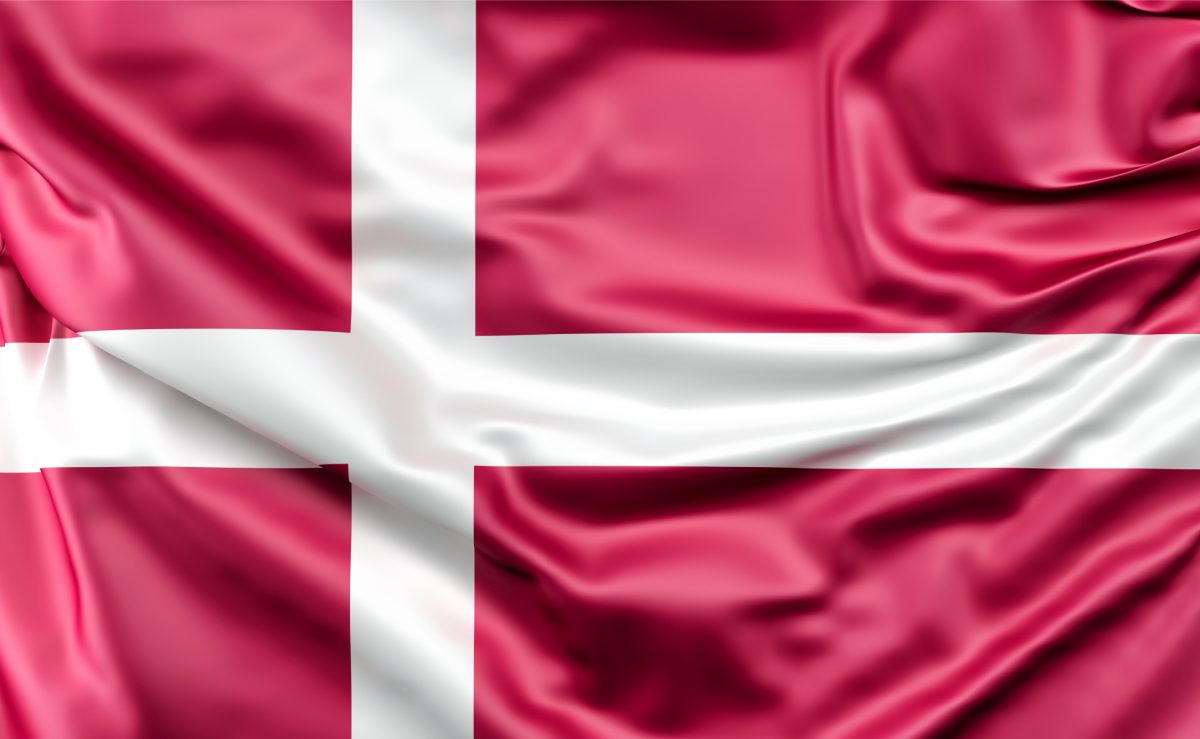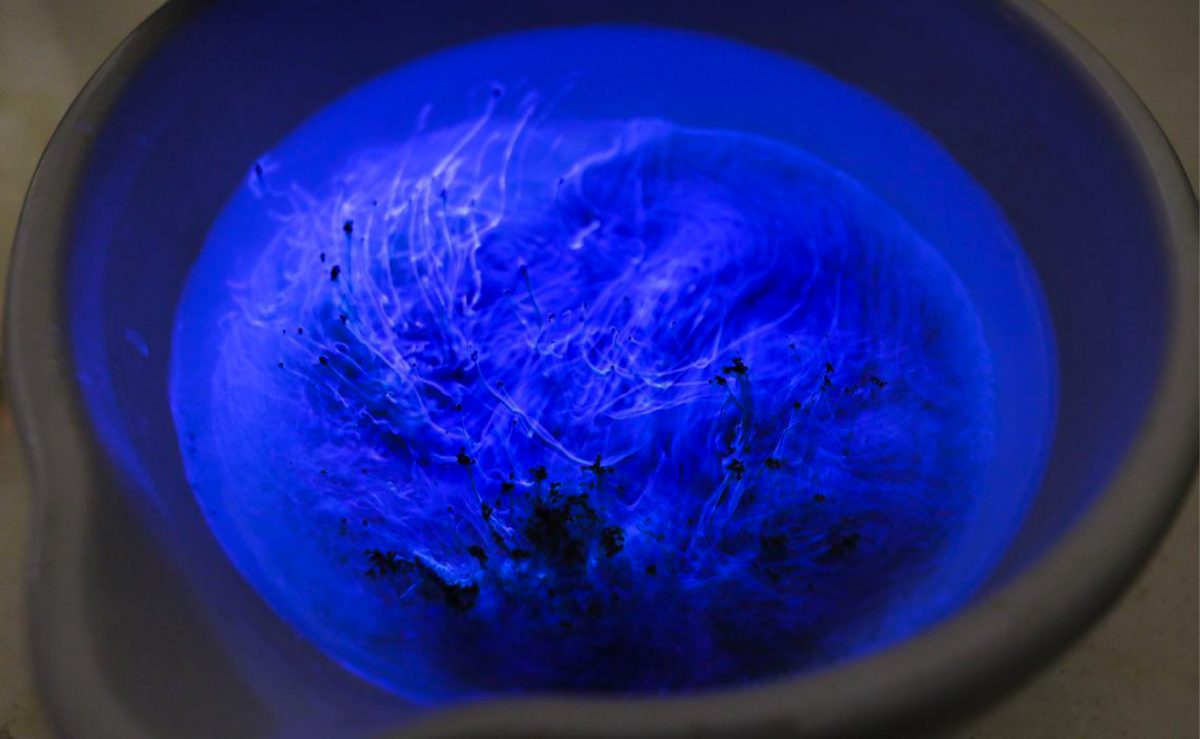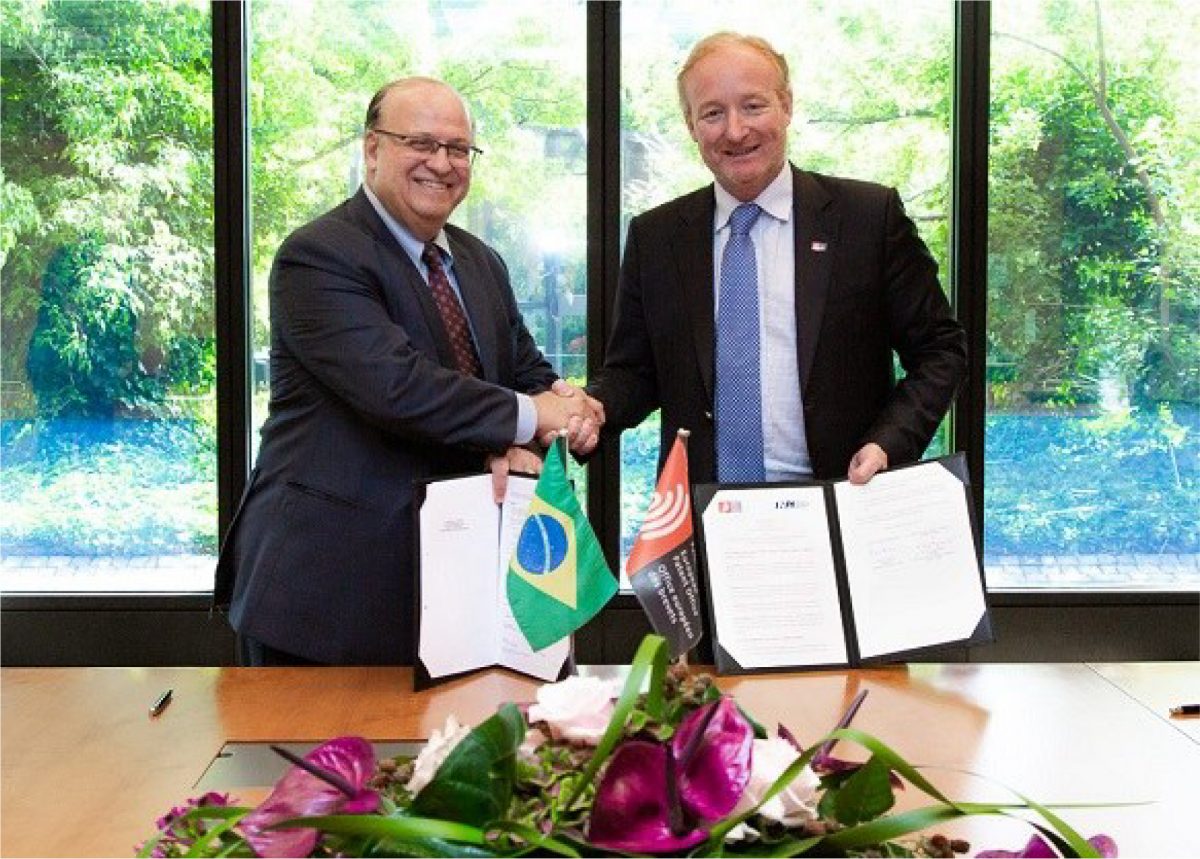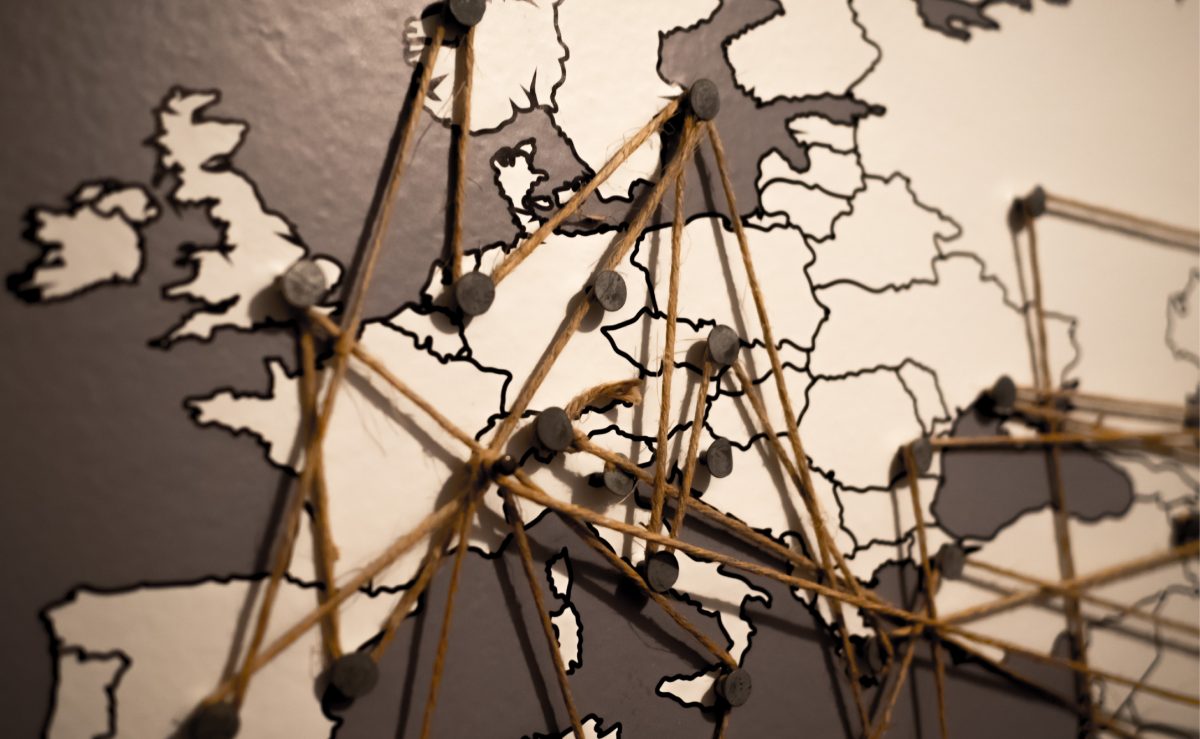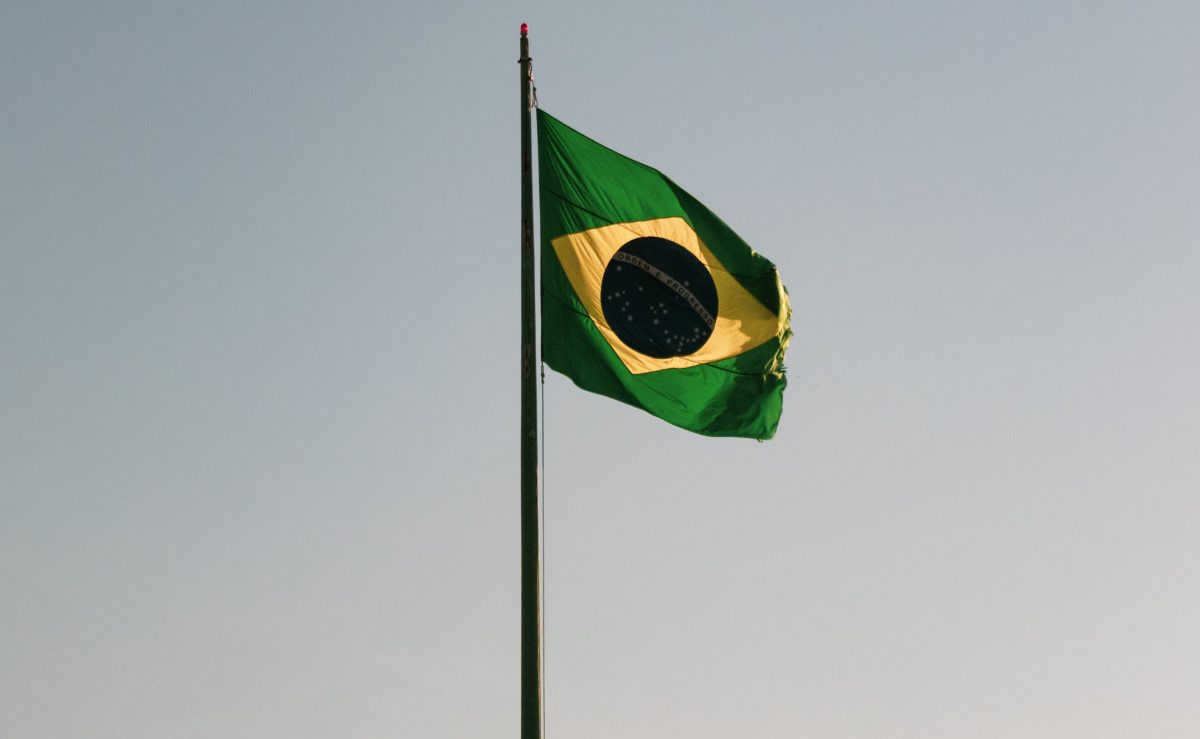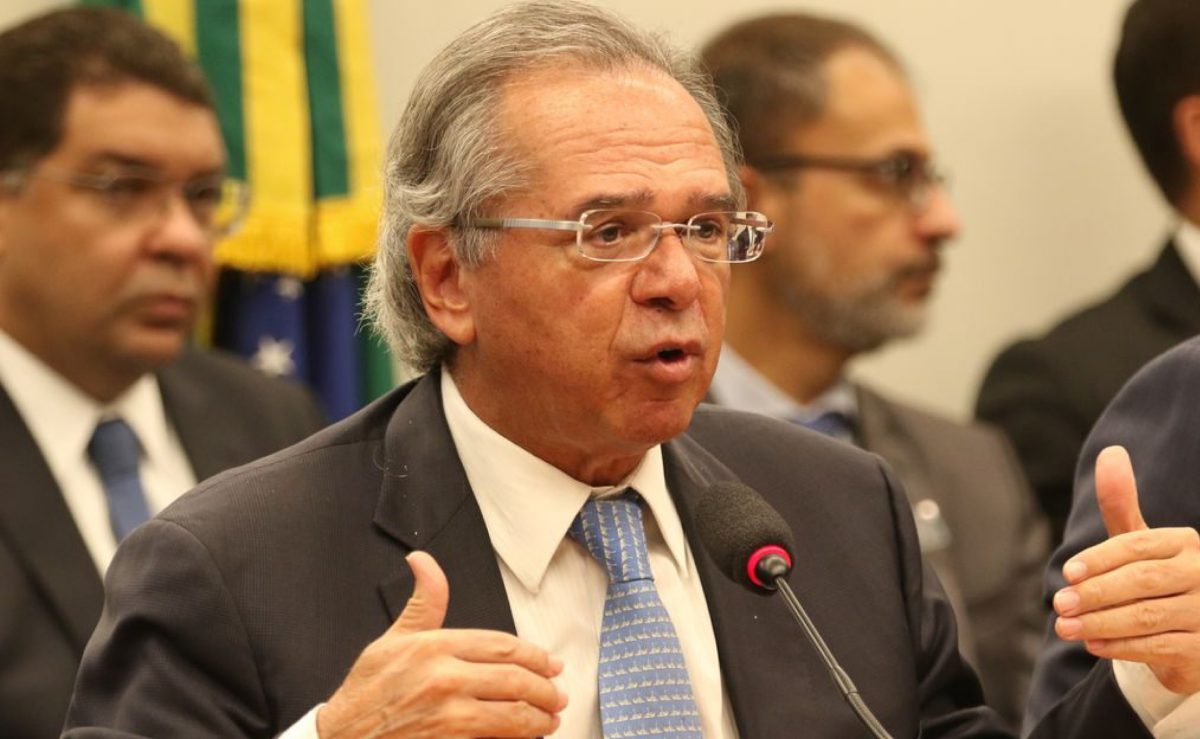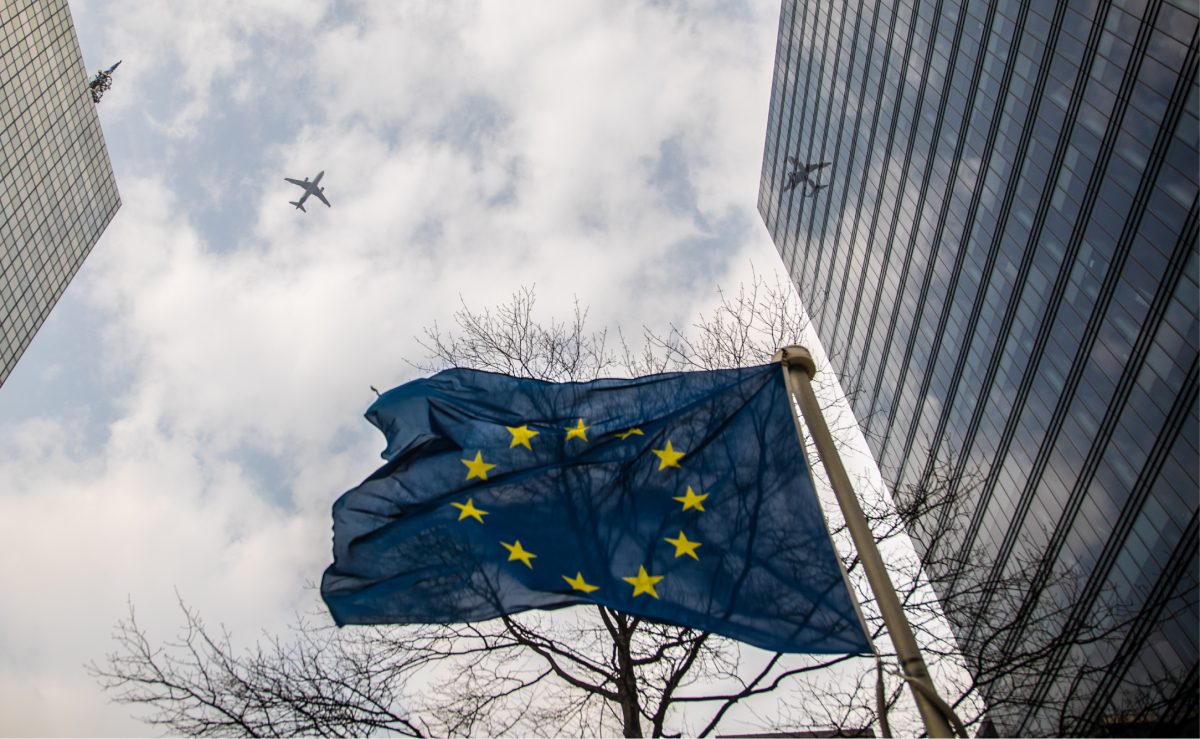The countries of Mercosur and the European Union will form one of the largest free trade areas on the planet from the agreement announced on June 28 in Brussels. Together, the two blocs represent about 25% of the world economy and a market of 780 million people. When considering the number of countries involved and the territorial extent, the agreement only loses to the African Continental Free Trade Agreement, which involves 44 countries in Africa and was signed in March this year. Even so, the European Union and Mercosur made the biggest deal between economic blocs in history, which should boost trade between the two continents.
The free trade agreement will eliminate import tariffs for more than 90% of the products marketed between the two blocs. For products that will not have tariffs eliminated, preferential import quotas with reduced tariffs will be applied. The tariff elimination process varies according to each product and should take up to 15 years from the entry into force of the intercontinental partnership.
According to the National Confederation of Industry (CNI), the agreement reduces, for example, from 17% to zero tariffs on imports of Brazilian products like footwear and increases the competitiveness of industrial goods in sectors such as textiles, chemicals, auto parts, timber and aeronautical. A study by the Confederation shows that, of the 1,101 products that Brazil is able to export to the European Union, 68% face import tariffs. With the opening of the European market for highly competitive Brazilian agricultural products, more investments must be made in the domestic industry itself, as industry data show that agribusiness consumes R $ 300 million in industrialized goods in Brazil for every R $ 1 billion exported.
For the Mercosur countries, a block formed by Argentina, Brazil, Paraguay and Uruguay (and Venezuela, which is suspended), the agreement provides for a period of more than a decade of tariff reductions for products more sensitive to the competitiveness of European industry. In the European case, most of the import duty will be zero as soon as the treaty enters into force.
“This agreement gives new life to Mercosur, which had never negotiated with large countries, but only with small economy nations such as Egypt and Palestine,” said Ammar Abdelaziz, a consultant at BMJ Consultoria.
In the opinion of Ambassador José Botafogo Gonçalves, vice president of the Brazilian Center for International Relations (Cebri) and former Minister of Industry and Commerce of the Fernando Henrique Cardoso government, besides the commercial advantages of the agreement, there is a perspective of better regulatory coordination among countries of Mercosur. “This agreement increases the responsibility of the customs union, which is Mercosur, in the coordination of its macroeconomic policies, of greater convergence in trade policies. Argentina, Paraguay, and Uruguay have to realize that their destination is common,” he says.
Trade and investment
Estimates from the Ministry of Economy indicate that the agreement will represent an increase of the Gross Domestic Product (GDP, sum of all goods and services produced in the country) of US $ 87.5 billion over 15 years, and could reach up to US $ 125 billion if reduction of non-tariff barriers and the expected increase in productivity. The increase in investments in Brazil, in the same period, will be in the order of US $ 113 billion. With regard to bilateral trade, Brazilian exports to the European Union will present almost US $ 100 billion in earnings by 2035.
“With the expansion of the trade agenda, both imports and exports, you favor trade with whom you made an agreement, you create a trade with that part and divert trade with another part. I see it as an important geopolitical strategy, we are less dependent, for example, on the export of commodities to countries like China. If China blocks the market, you have no one to export. Now, this scenario is more favorable,” says economist Danielle Sandi, a professor in the Department of Administration at the University of Brasília (UnB).
Multilateralism
Privileged access to the European market is considered to be one of the most complex negotiations to be made, and so the announcement of this agreement creates a positive environment for Mercosur to consolidate further negotiations.
“It is an agreement with one of the most difficult blocs in matters of sanitary or phytosanitary requirements, so I believe it will facilitate negotiations with other countries and blocs, such as those with Canada and the countries of northern Europe,” says Ammar Abdelaziz.
The agreement also legitimizes free trade and multilateralism, which have been under constant attack because of the trade war between China and the United States and the adoption of protectionist measures by various countries. “The agreement can show a breath on this issue of multilateralism. Trade is the main engine of this, but this may be possible in other areas of international relations too,” says Danielle Sandi.
For Ambassador José Botafogo Gonçalves, there is a crisis of multilateralism, so the free trade agreement between the European Union and Mercosur has a fundamental geopolitical weight at the moment. “When it comes to trade multilateralism, which is the goal of the World Trade Organization, we have to recognize that there is a crisis. The world is not ready and I do not know if it is going to go back to the moment before this crisis. occurs, you have to go to regionalism, then the agreement between Mercosur and EU fills a vacuum left by multilateralism” he says.
Ratification
Even after 20 years of negotiations, there is still a long way to go before the agreement between Mercosur and the EU will actually take effect. This is because the treaty needs to be ratified and internalized by each of the member states of both economic blocs. In practice, it means that the agreement will have to be approved by the national parliaments and governments of the 31 countries involved, a process that will take years and may face resistance.
“There is a tendency for resistance in the parliaments of European countries, especially nationalist parties and also environmentalists,” says Ammar Abdelaziz of BMJ Consultoria. According to him, it is not possible to stipulate a deadline for the end of this ratification by the Europeans. In the Brazilian case, the agreement will now be analyzed by the ministries involved and then sent to the National Congress, where it will process by commissions and will have to approve both the Chamber of Deputies and the Senate. “On average, Brazil takes around three to four years to ratify international agreements, it will not be less than that.”
It is only in the medium term that the more concrete effects of the free trade agreement can be felt by the population in general, such as eventual fall in the price of imported products and, mainly, an increase of investments and growth of the economy. “The prospect of this agreement for ordinary citizens is that the expansion of trade is reflected in the expansion of GDP, and from the growth of the economy there will be more generation of jobs and income and increased revenue for the government,” explains Danielle Sandi of UnB.
News from: Agência Brasil

